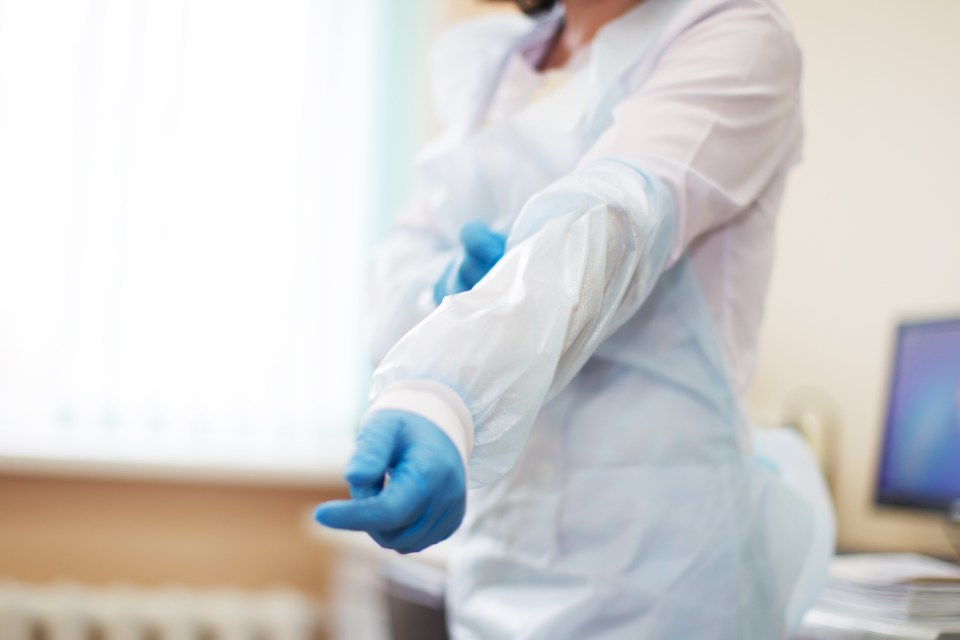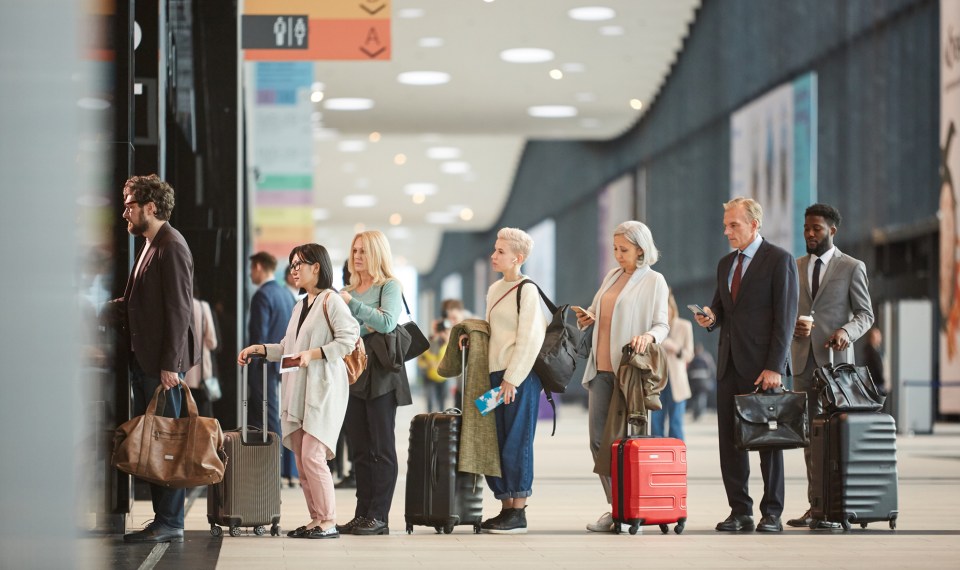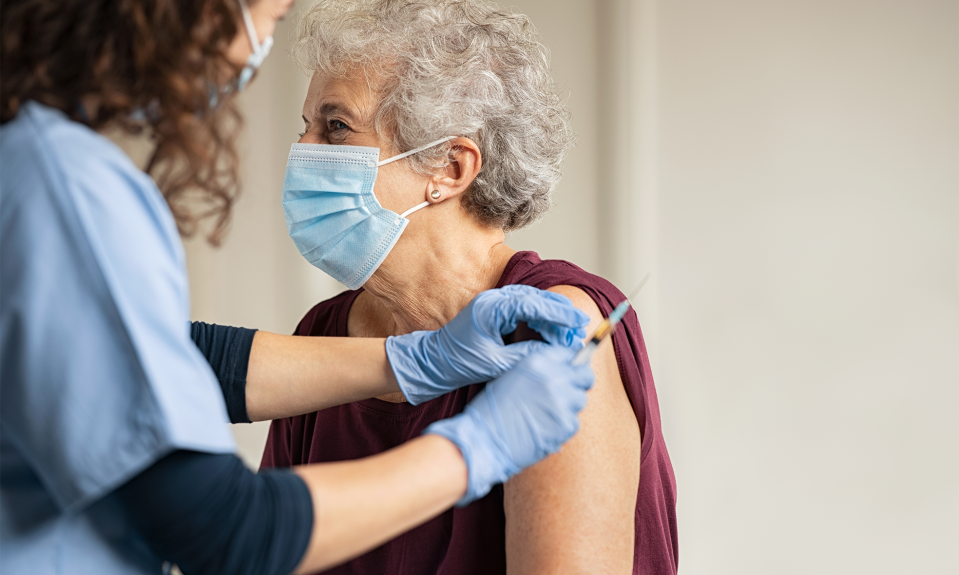By definition, therapy requires close contact. In the midst of a pandemic, that need for hands-on patient care doesn’t change. If anything, the need is increased since patients recovering from COVID-19 need rehabilitative care to regain their strength and independence after weeks lying immobile, sometimes on a ventilator.
In the spring, the number of COVID-19 cases grew exponentially in the Northeast. Encompass Health Rehabilitation Hospital of Toms River created the Company’s first COVID-19 unit in a newly completed wing of the hospital. Encompass Toms River became the preferred provider of RWJBarnabas Health hospitals.
The unit opened April 6, and treated more than 150 patients recovering from the virus before closing in mid-July as the number of COVID-19 survivors needing inpatient rehabilitation declined. The hospital has continued to treat a lower volume of COVID-19 survivors since the unit closed, and is prepared to re-open the unit should those numbers increase.
Relying on guidance from the Encompass Health COVID-19 Task Force, the CDC and the New Jersey Department of Health, the team at the hospital has put plans and protocols in place to help patients recovering from COVID-19 receive the therapy they need to meet their physical, cognitive and emotional needs.
Assembling a team
When Paul Giannotti, senior physical therapist, was asked to work in the COVID-19 isolation unit, he didn’t hesitate.
“For me, it was like treating any other respiratory condition that required physical therapy services,” Giannotti said. “It was a healthcare crisis we were facing and we owed it to our community to assist them in their recovery.”
Giannotti worked on the unit during the entire time it was active. Other therapists served two-week rotations as needed, while also ensuring that there was ample staff for the patients not recovering from COVID-19.
Treating a patient population with a new disease came with new challenges. Not only was the virus extremely contagious, but also its short-term and long-term effects were still relatively unknown.
Understanding a new diagnosis
The COVID-19 survivors who came to Encompass Health Toms River had typically been on some type of mechanical ventilation and arrived at the hospital deconditioned and weak. Many were experiencing secondary complications such as pneumonia, cognitive impairments or even, in some cases, stroke.
“We spent a lot of time educating these patients on their diagnosis,” Giannotti said. “Education is always part of what we do, but we spent a lot more time educating patients on the symptoms they were experiencing and what they could expect. We had a new diagnosis no one was familiar with.”
A large majority of therapy sessions centered on deep breathing exercises, energy conservation techniques and mobilizing patients to decrease the effects of their prolonged period of immobilization in the hospital.
As patients progressed, therapists incorporated equipment such as bands, physio balls, weighted bars and stair simulators into their treatment plan. Since therapy often had to take place in patient rooms or in the lobby of the COVID-19 unit, many of the advanced technologies used at Encompass Health rehabilitation hospitals were unavailable to these patients, due to isolation precautions that were implemented to protect non-infected patients and staff.
Therapists also incorporated recreational therapies to improve patients’ cardiovascular fitness while keeping them entertained.
“We were all stepping outside of our scope and doing a little bit of everything,” Giannotti said.
Caring for the whole patient
A hallmark of a good therapist is their ability to be attentive and listen to their patients. When treating COVID-19 survivors, the importance of this emotional connection and support increased tenfold.
“At the beginning, we were saying, what is our role now?’” Giannotti said. “We became their families. We were their support system and their advocate. We were with them the most in terms of time spent in the room, so we were really their voice.”
Therapists were able to help patients connect with loved ones via FaceTime and other video chatting, doing their best to keep them connected to the outside world in light of visitor restrictions.
Not only were patients isolated and lonely, but they were also scared. After weeks to months in the hospital battling a novel virus, they relied on their therapy teams for reassurance that they had actually gotten better and were going to be okay.
“We were there to listen and say, ‘Listen, patients are getting stronger. It takes a while, and I can’t tell you how long it will take, but if you do these things, they’ll help you get better,’” he said. “We had to let them know that we had seen patients in their situation get better.”
The content of this site is for informational purposes only and should not be taken as professional medical advice. Always seek the advice of your physician or other qualified healthcare provider with any questions you may have regarding any medical conditions or treatments.


